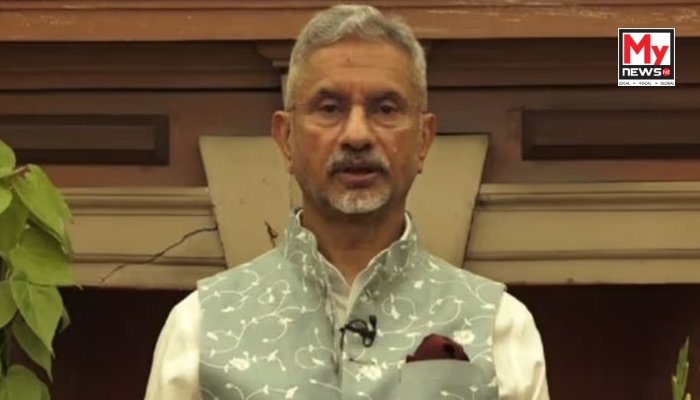Indian Foreign Minister Reveals Direct Bilateral Negotiation Halved Cross-Border Firing with Pakistan
New Delhi – In a significant revelation, India’s External Affairs Minister S. Jaishankar has confirmed that the recent cessation of firing between India and Pakistan was a direct outcome of bilateral negotiations, explicitly dismissing any external mediation despite international outreach. The breakthrough, he stated, occurred on May 10, when the Pakistani military initiated contact via a military hotline.
Speaking to Dutch broadcaster NOS, Jaishankar detailed the sequence of events. “So, on the 10th of May, it was the Pakistani army which sent a message that they were ready to stop firing, and we responded accordingly,” he articulated, shedding light on the crucial moment that de-escalated intense cross-border tensions.
The diplomatic breakthrough followed a period of heightened hostilities. Tensions had soared dramatically after a devastating terror attack in Pahalgam on April 22, claiming the lives of 26 civilians. India’s retaliatory measure, Operation Sindoor, commenced on May 7, targeting nine known terror camps within Pakistan and Pakistan-occupied Jammu and Kashmir (PoJK). These strikes reportedly neutralized over 100 militants associated with Jaish-e-Mohammed, Lashkar-e-Taiba, and Hizbul Mujahideen.
The situation further intensified with Pakistan’s response, which included cross-border shelling and drone incursions, precipitating a second wave of Indian strikes on May 10. Jaishankar elaborated on these decisive actions, confirming that Indian forces targeted eight Pakistani airbases, causing significant damage to runways, air-defence systems, and command centres. “We basically made these bases non-functional… This is the kind of thing, you hit a runway, you make the airbase non-operational, or you go after what is an air-defence command control system,” he explained.
According to Jaishankar, these strategic strikes compelled a shift in Pakistan’s military stance. “That I think compelled the Pakistani military to accept that we need to stop firing at each other. At the moment, there is no firing and there has been some repositioning of forces accordingly,” he informed NOS, highlighting the direct consequence of India’s robust response.
While acknowledging the diplomatic efforts from nations including the United States, with calls from U.S. Secretary of State Marco Rubio and Vice President JD Vance, Jaishankar emphatically reiterated that the truce was orchestrated exclusively between the two South Asian neighbors. “The cessation of firing and military action was something which was negotiated directly between India and Pakistan… their general has to call our general and say this and that is what happened,” he affirmed.
Addressing India’s evolving strategic doctrine, Jaishankar underscored the Modi government’s unwavering resolve to retaliate against any act of terrorism. “Our government has been very clear… if there is such an attack, there will be a response,” he stated, noting that all nine locations targeted in Operation Sindoor were officially listed by the United Nations as known terror sites.
When questioned about the ongoing status of Operation Sindoor, Jaishankar clarified that while active firing has ceased, the operation persists as a deterrent. “The operation continues because there is a clear message… If the terrorists are in Pakistan, we will hit them where they are,” he asserted, clarifying that its continuation does not signify ongoing military exchanges. The recent conflict represents one of the most intense military confrontations between India and Pakistan in recent memory. Although the immediate hostilities have subsided, both nations remain vigilant, marking a discernible shift in India’s approach to cross-border terrorism and its military response.
Read More: Valley Shuts Down as “Manipur” Name Controversy Ignites Fury

